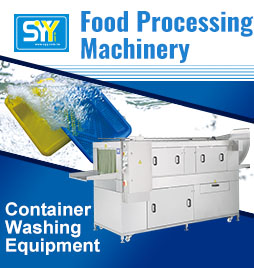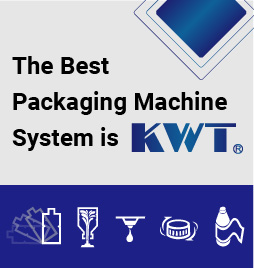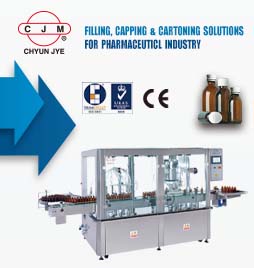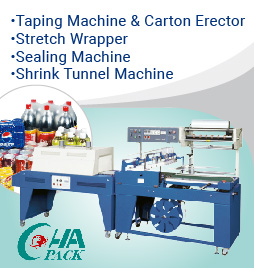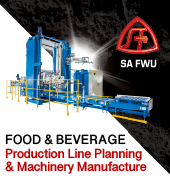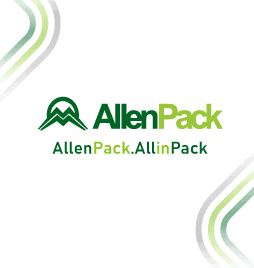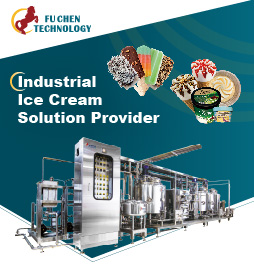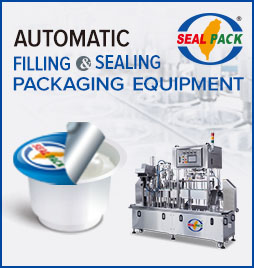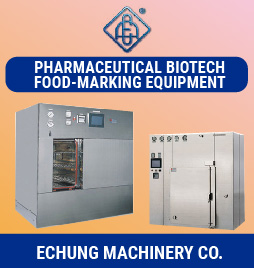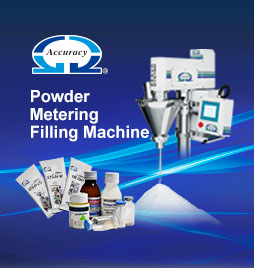CCEP invests in Indonesian plastic recycling & pushes voluntary waste collections
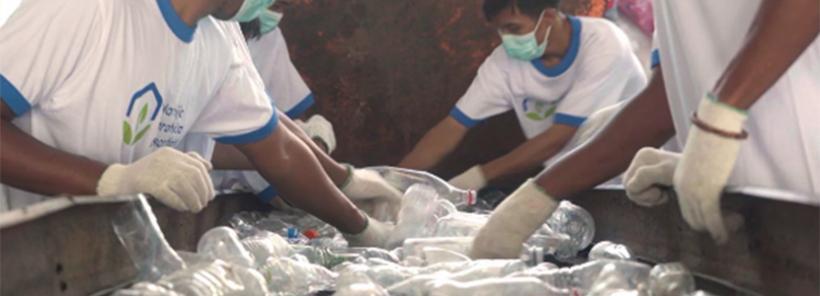
Coca-Cola Euro-Pacific Partners (CCEP) has hailed the first food grade PET plastic recycling facility in Indonesia.
The Amandina Bumi Nusantara plant is a joint venture between CCEP and rigid packaging firm Dynapack Asia, and incorporates Mahija Parahita Nusantara, a non-profit foundation set up by both organisations.
The foundation supports the creation of collection infrastructure via the development of collection micro-enterprises which provide feedstock for the facility.
It also supports the informal waste-picker community via stable employment, vital social care and a focus on human rights principles such as eliminating child labour and providing safe work environments.
Data from Indonesia National Plastic Action Partnership (NPAP) – a multi-stakeholder collaboration, including the government, that aims to achieve 70% reduction in the country’s marine plastic debris by 2025, shows Indonesia generates 6.8 million tonnes of plastic waste every year with 61% remaining uncollected.
Of this, 8% comprises food and non-food bottles. In 2021, CCEP’s own PET plastic footprint in Indonesia was 37,000 tonnes.
Indonesia is also widely thought to be the second largest ocean plastic polluter, with 620,000 tonnes of generated plastic waste leaking into lakes, rivers and the sea.
Replacing virgin fossil-based plastics in packaging requires an increase in recycled content, and effective systems to collect post-consumer packaging, to be re-made into new packaging.
Jeff Maguire, director – packaging collection and recycling – Australia, the Pacific and Indonesia, told Packaging News: “Collection solutions vary depending on the legislative and socio-economic context in markets and learned consumer behaviours. For markets where collection infrastructure and legislation are less developed, like Indonesia, CCEP is taking proactive voluntary action towards both its own and the wider industry’s collection goals by directly funding and incentivising collection solutions.”
The Amandina facility – with a planned capacity of up to 25,000 tonnes per year by 2023 – will convert used plastic bottles into food-grade rPET pellets to be resold to Indonesia’s soft drinks industry to produce new bottles.
CCEP has already committed to buying at least 50% of the facility’s output and using the material in its 390ml carbonated soft drinks bottles in Indonesia this year.
To reach the 25,000-tonne capacity, Amandina needs around 32,000 tonnes of high-quality used plastic bottles.
With no formal waste management infrastructure in place, it is the informal sector and waste banks that will provide this valuable resource.
The existing, traditional value chain for PET feedstock in Indonesia is erratic and transactional, creating unstable pricing for waste collectors and inconsistent supply of PET for recycling.
CCEP said it is aiming to build sustainable, long-term partnerships across the value chain to drive collection with mutual benefits for all parties.
And it knows from The Coca-Cola Company’s previous successes in countries such as Mexico, that the ‘pull-incentive’ collection model can deliver real impact.
Maguire said: “Through this model, a supply agreement incentivises the recycler and this, in turn, flows through to the waste collectors which ‘pulls’ high-quality PET through the system, and ensures price stability for collectors.”
CCEP’s model provides social enterprise support to ensure better living standards and futures for the workers and communities in the informal waste sector.
Currenlty, 18 collection centres are part of Mahija, supported by 600+ collectors. CCEP is building the network to include a further 25 centres and 1,000+ collectors by the end of 2022. To date, CCEP has donated over US$300,000 in equipment and supplies.
Maguire said CCEP’s ambition is to go beyond collecting and recycling the equivalent of its own plastic packaging, towards an industry-wide vision that eliminates unnecessary plastic, innovates new materials and collection models, and creates a circular economy for plastic packaging.: “If you want to go quick, go alone. If you want to go far, go together.”
CCEP works alongside the wider industry and the Indonesia Packaging Recovery Organization (IPRO) to drive packaging waste collection at scale, without relying on legislation.
“And with The Cola-Cola Company as participants on the government’s National Plastic Action Partnership NPAP, CCEP is also jointly developing a roadmap to achieve government targets on plastic waste, driving even greater partnership and collective action.”

